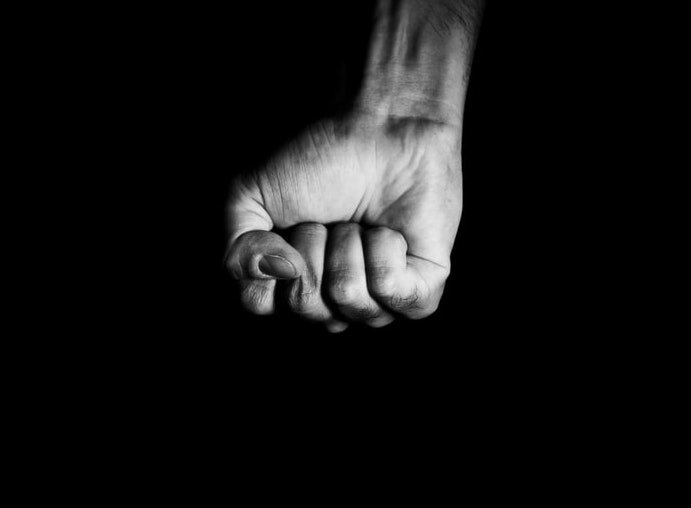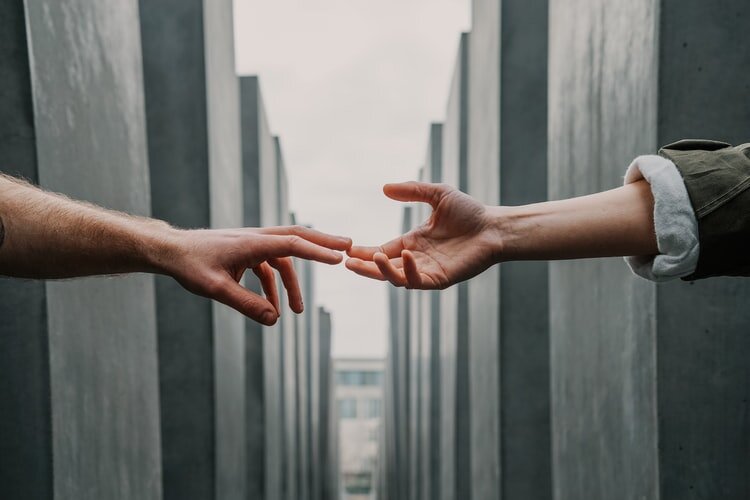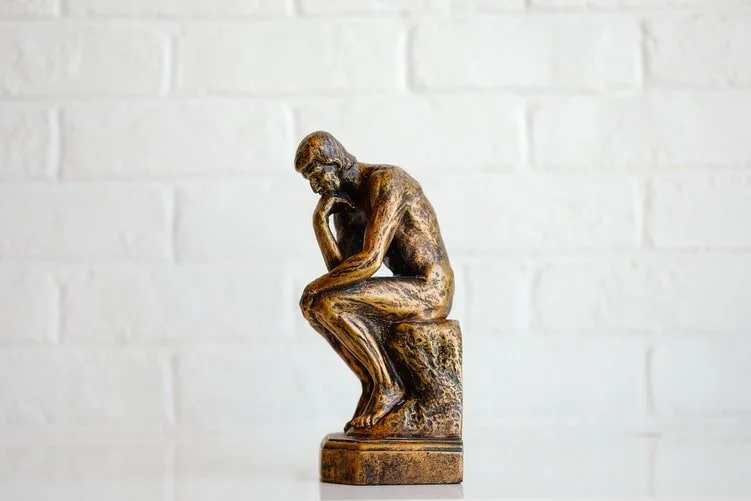I've been thinking about the value of hate and the danger of forgiveness.
Hi, I’m Rick Thyne and I’m grateful that you found your way to these pages. Perhaps in these conversations we’ll find our way to more of the common good that is - for me - our best hope for a future in which all of us thrive. If you've found this column and would like to get my latest column delivered, free, to your inbox every two weeks, you can subscribe at the bottom of this page.
On a Thursday early in August, I woke at dawn from a dream I couldn’t remember but realized must have come from deep in the mausoleum of my memory, a forgotten crypt from which two former friends, neither of whom I’d seen nor spoken with in forty years, rose like zombies and shambled into my first conscious thought. Before I was fully awake, I whispered into my pillow, so not to disturb my sleeping wife: I hate these guys.
My family and I were in real personal trouble in 1981 and needed our friends to help us, or at least not to pile on. In different but equally painful ways, these two close friends piled on, kicked us when we were down, and complicated our efforts to climb up out of the mess we were in. And there was nothing I could do to stop them or to protect my family and myself from their emotional assaults.
It didn’t take long to discover what inflamed my hatred. It was my powerlessness, the same powerlessness I came across in my thirties, when I acknowledged for the first time that my father often hit me when I was a boy much smaller and weaker than he, and his rowdy Irish temper was aflame with alcohol.
I managed to reconcile with my father before he died - a process that took several years. In the months before he died I was able to tell him that I loved him. I’ve always loved you, Rick, he replied, as if I’d been carrying this hatred around and he’d never recognized it as a barrier between us.
But it was different with my friends. We walked away from one another without ever talking about what happened. The death of our relationships was sudden and, I thought, final. I was wrong. What I now know is that I hate the experience of feeling powerless. I couldn't and wouldn't get over the fact that my friends punched me in the heart when I was helpless and bleeding. So I buried the pain and hatred.
I learned long ago that hate is not the opposite of love; the opposite of love is apathy, the realization that I don’t care about you, that moment when a once-lively relationship is dead and gone and we need to let it go. Sadly, people too often drag the corpse of a relationship through months, even years of continuing misery, a kind of relational necrophilia that refuses to recognize that what once was love is long since dead and gone.
I thought I’d long ago let go of these former friends, but here it was on this August morning, the first thought/words after their arrival: I hate these guys.
This hate was a surprise. My family and at least most of my friends and therapy clients think of me as a kind person, full of empathy, civil even with those I find obnoxious. But now I’m faced with ancient evidence, made fresh that recent morning, that hatred lives in me. Like love, hatred is alive and, also like love, can be temperate as a spring day or carry the kind of heat that sets your hair on fire. On this particular morning, my hair was on fire.
Still, why was I thinking of these long-ago traumas on a summer morning decades later? It took several days of thinking about this and talking with a few of my confidantes to realize yet another factor: I had my 80th birthday a few weeks before my early-morning zombie visitation, and realized almost immediately that there’s no way of getting around the reality that 80 means I’m old.
During this coming decade, despite my most vigorous efforts, my strength will wane and I will creep closer and closer to death. The ultimate loss of power, the thought of which I hate! There it is, hate: for my dad, for these two men, and for the prospect of dying; hate for the powerlessness I feel in the face of all of these. It’s as if I’ve lived my way into these lines from Dylan Thomas’s poem:
Do not go gentle into that good night,
Old age should burn and rave at close of day;
Rage, rage against the dying of the light.
All this has made me wonder about forgiveness.
At its core, forgiveness is radical empathy. It is the capacity, once our hair is no longer on fire, to recognize that there must be unattended broken places in our tormentors, their own intolerable pain that they have yet to find ways to tolerate; so they act it out. Their misplaced hatred makes them vengeful and therefore pitiful.
So, should I be done with my hatred?
Soon, maybe, but not yet. Not until I let myself understand what I’ve learned about love and hate, about powerlessness in the face of others and the powerlessness of moving toward death. I want to visit the crypts in me where other zombies may lie, other unacknowledged but painful experiences I sealed in silence long ago. I didn’t then have the courage or the abilities I now have to accept the strange but evident fact that hate lives in me as surely as love does. I don’t want to let forgiveness rob me of the chance to explore the deeper understanding of myself that hatred may bring.
If we recognize the sources of our hate we might eventually find ways to forgive and reconcile with our former tormentors, or keep our distance from them because we realize they are still dangerous to us. If we bury our hatreds in unconscious silence, we’ll exercise it as displaced violence on undeserving people whom we hate because they remind us of the pain we've experienced.
Their unacknowledged pain has turned them into pitiful, vengeful people;
who cannot
Appreciating the weakness in the other person/in your tormentors
To understand
Their own intolerable pain > they haven't found a way to tolerate it so they act it out







